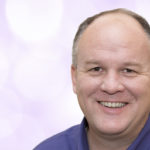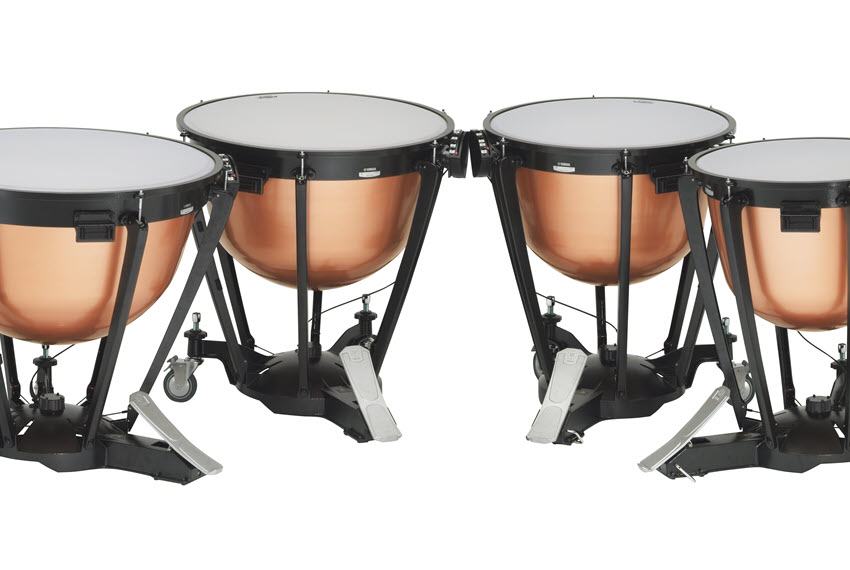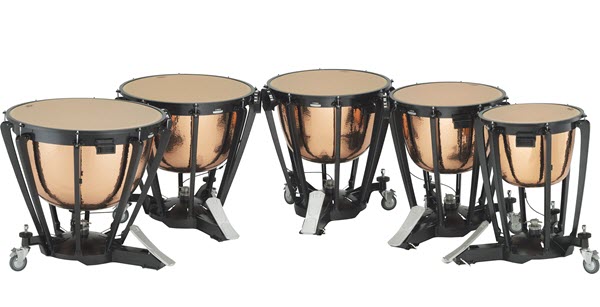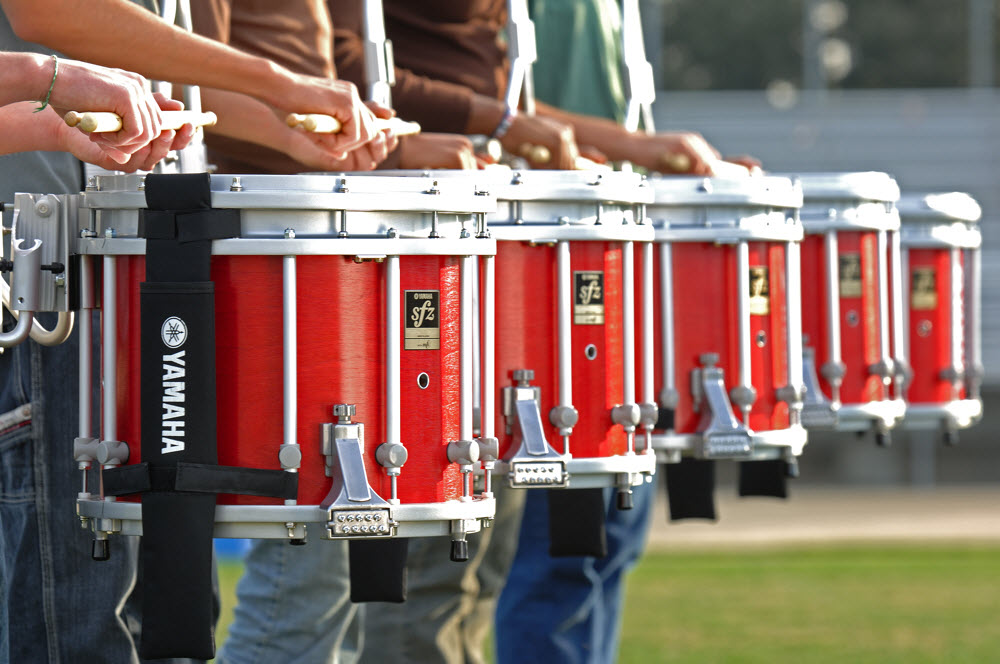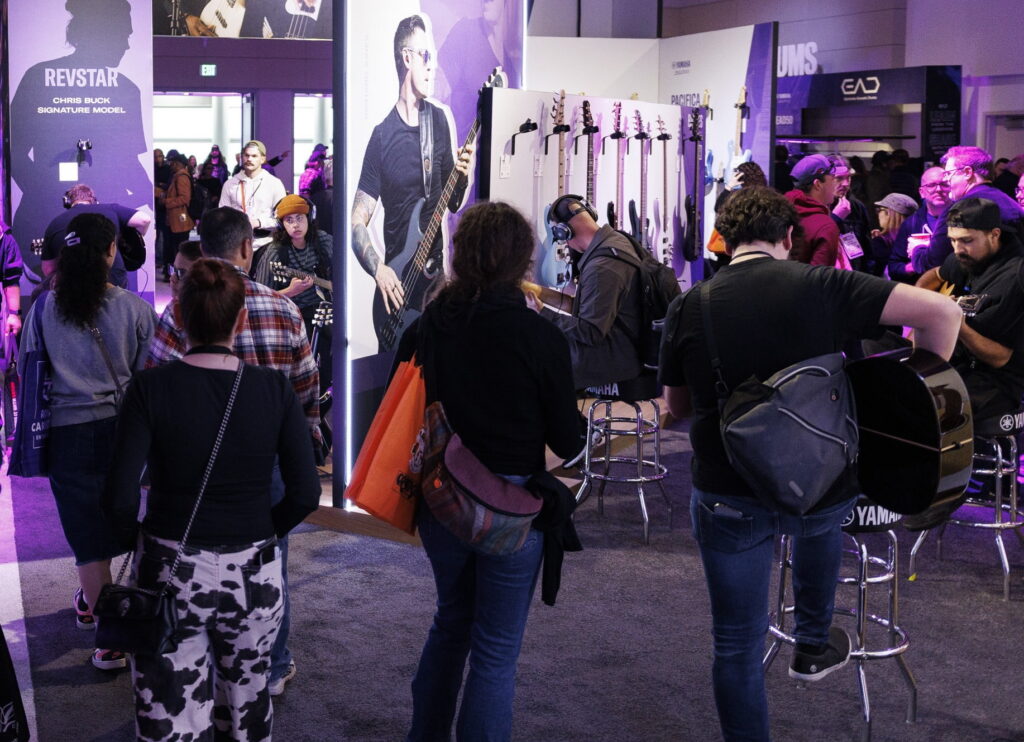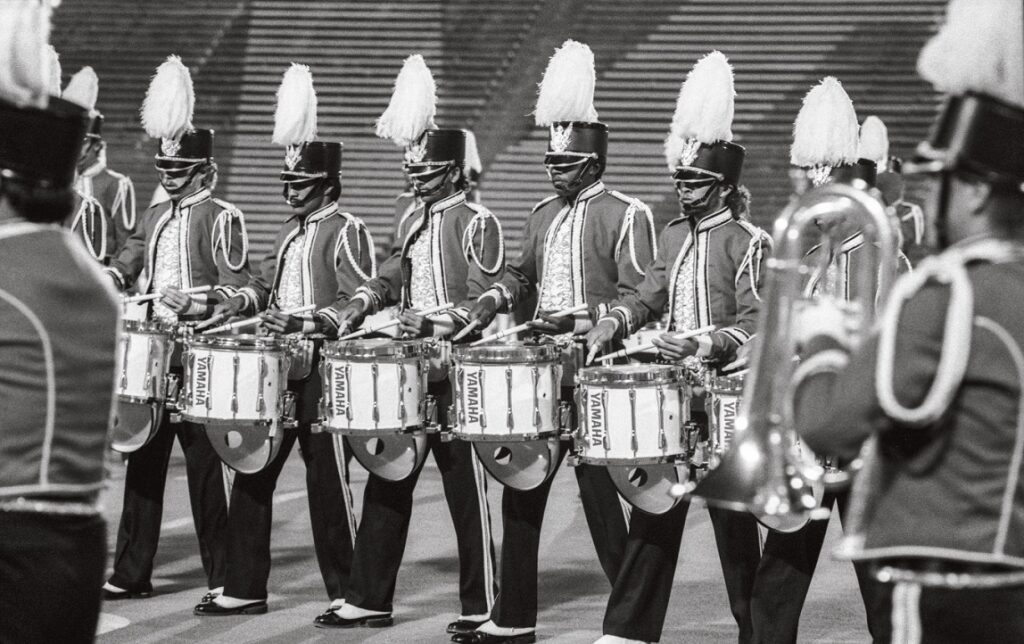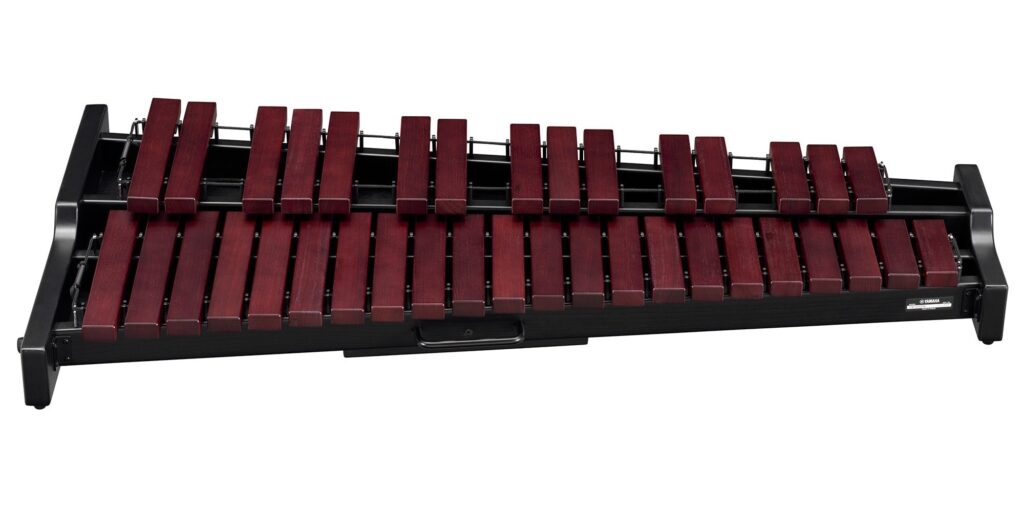How to Make Your Percussion Camp a Success, Part 2
Launching a successful marketing campaign, and what do to during and after the event.
In Part 1 of this article, we talked about the preparation required for successfully hosting a percussion camp. Now let’s talk about how to promote it, and what you need to do the day of the event, and afterwards.
Launching a Marketing Campaign
Here are a few tips for creating an effective marketing campaign for your event. Bear in mind that promotion can be costly, even when done strictly on a local level, so know what you are getting into:
- Fliers and posters – These can be produced inexpensively at any copy center. Ask local businesses – especially music stores – to place them prominently in high traffic areas.
- Local advertising – If budget allows, create a print and/or electronic ad (if you have permission to do so, include the school logo in the ad) and run it several times: ideally, two months prior, one month prior, and again one week prior to your event. Target the media where you run the ad: the state music education magazine, for example, might be a good place to start, although such publications may require extended lead time (contact them well in advance to obtain their advertising schedules). Use a consistent message in all advertising to maximize retention.
- Website – If you already have a website, create a special place on it to advertise your camp. (If you don’t, what are you waiting for?) Use your school’s website for this too, if you are allowed.
- Social media – Create an event on Facebook. Use your social media profiles to send out your message, then repost and re-share regularly. Use hashtags sparingly.
- Press release – Write a press release and send it to the education editor or city desk of your local newspapers, your state music educator publications and any other appropriate regional newsletters. Provide a photo of a previous year’s camp, or of a featured clinician at the upcoming event. Be sure to follow up with a phone call or email and invite the media to cover the event.
- Promotional packet – Produce a packet of materials with the following components and send it to local area band directors (it can also be included with the press release sent to media). The packet should be mailed out at least six weeks before school breaks to allow educators, parents and students adequate time to plan their schedules.
- Cover letter
- Details about the camp clinician(s)
- School educational philosophy
- Camp flier
- Registration form with photo release (must be signed by parents if the attendee is under 18 years of age)
- Directions to the site of the event
- Brief your staff – It is important that each member of your staff be knowledgeable about the details of the upcoming event. There is nothing more deflating to a potential participant than to hear, “I don’t know anything about the camp. You’ll have to talk to ‘so and so’.” If your staff does not care about the event, how can you expect other people to get excited about it? An informed staff member can answer questions promptly and encourage potential students they speak with to participate.
Some Additional Suggestions for Making Your Camp a Day to Remember
- Drawings – Hold a drawing for a prize at the end of the day. A new instrument or accessory product such as sticks or mallets is always a crowd-pleaser. Use numbered tickets and distribute them to participants as they register.
- Have a contest – This can come in the form of a percussion-related question and answer session, with accessories or in-store coupons from local music dealers for prizes.
- Giveaways – Every participant should receive a memento of the event. This is the perfect way to distribute a promotional item made specifically for your store or organization.
The Day of the Event
Okay, the big day is finally here! What do you need to do now?
- Plan to be on site from several hours before the start of the event to several hours afterwards. The importance of being hands-on and immediately available cannot be understated!
- Expect the unexpected. As the saying goes, “Whatever can happen, will happen.” Be flexible and ready to deal with a wide range of issues.
- If you don’t already have complete permissions to use photos taken at the camp – including getting parent approval for students under the age of 18 years old – make sure you get all remaining paperwork signed during the event.
- Stick to the schedule. Things rarely end early, so be prepared to diplomatically move events along so that none of your attendees is shortchanged. As an example, here’s a sample schedule for a two-day event:
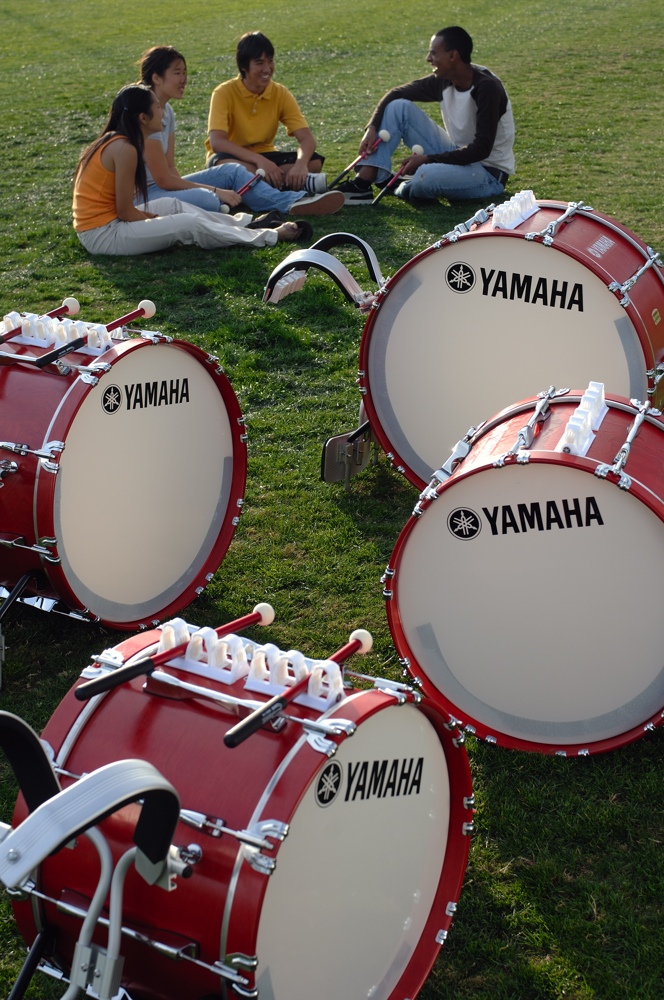
DAY ONE
8:00-9:00 Registration
9:00-9:10 Welcome and introductions
9:10-10:30 Clinic for all attendees
10:30 Break
10:40-12:00 Individual auditions; staff teaches essential exercises to attendees
12:00-1:00 Lunch
1:00-3:00 Sectionals (“ability” groups)
3:00-3:10 Break
3:10-5:00 Sectionals/Full Ensemble as needed
DAY TWO
9:00-9:45 Full Ensemble clinic/rehearsal
9:45-12:00 Sectionals – include one break at discretion of instructor
12:00-1:00 Lunch
1:00-1:30 Full Ensemble clinic/rehearsal
1:30-3:00 Sectionals
3:00-3:15 Break
3:15-4:00 Full Ensemble: prepare for performance
4:00-5:00 Performance for parents, friends, families. Immediately prior to the performance, talk briefly to the audience about the school music program, the camp, the importance of music education, etc. Then introduce each staff member, who will take their section/group through whatever it is that they can play comfortably.
5:00 Dismissal
What to Do Post-Camp
First, take a little time to enjoy your success. Then do the following:
- Send your favorite photos from the camp to local media. Action photos of students playing percussion instruments are always of interest.
- Contact members of the media (especially those who attended) to see if they need any more materials or information. If they are undecided about writing an article about the camp, your actions may push them to do so.
- Contact any music manufacturers or local music stores you dealt with and offer a brief report on your camp.
- Send a hand-written thank-you note to the clinicians and staff. There’s no better way to encourage their return for future events!
- Talk to your staff and volunteers who worked at the camp. Ask them what worked – and what didn’t. Make a list of the things that went right and the things that went wrong. This will allow you to take steps for making your camp better next time around.
Have a great event! And remember, it’s never too early to start thinking about next year’s camp. . .









